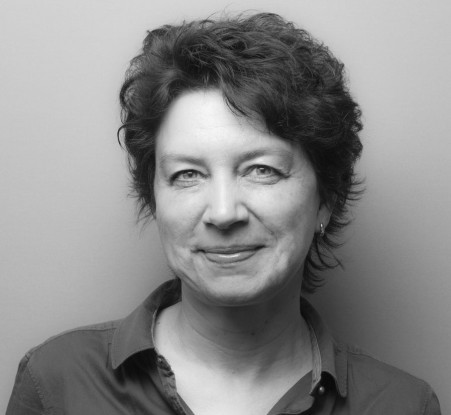The computational field in architecture has been developing since the 1960s, experimenting with digital tools and more specifically with programming languages and procedural processes in order to produce architectural designs. The tools, theories and practices associated with the field, initially developed in their majority in academic institutions, have then gradually permeated the construction industry and architecture offices. This expansion of computational practices has gained momentum in the past years, and a democratization wave has recently initiated, with an exponential number of practitioners resorting to such tools. Among those practitioners, a dual dynamic of appropriation and rationalization is at play. Appropriation is characterized in this context by the hijacking of digital tools originating in other fields of practices, and by the hijacking of computational rules of algorithmic typologies the practitioners resort to. Architectural expertise is then implemented in custom algorithmic models, enabling a translation of the architect’s tacit knowledge into procedural structures and rules executable by a computer. Rationalization, on the other hand, favors material and industrial constraints, quantitative evaluations and computation models produced by scientific disciplines related to building design, acknowledged as “objective”.
The field is characterized in particular by the capacity of its practitioners to develop and make their own design tools, from computer programs and plug-ins to robotic fabrication devices. In most of the recently developed tools, used not only by their developers but also by further users, a rationalist approach tends to be favored. This is apparent both in socio-historical network of practitioners and in the algorithmic design tools structures and interfaces, to the point where the rationalist approach is embedded into black boxes tools. By being integrated in tools privileging an easy, fast-tracked resorting to complex algorithmic models, rationalization becomes a technical and epistemological bias in the democratization process rather than a conscious choice by practitioners.
While a simplification of the use is necessary to the democratization of computational design tools, should it be to the detriment of the specificities of the architectural practice, and of the existence of a multiplicity of subjective approaches to architectural design? The project aims at exploring this question by developing tools and methods allowing for the democratization of computational design while preserving the core understanding of the tools and the models they are built on by users and reinforcing the capacity to implement architectural expertise in computational models. The research focuses on three key areas: questioning the nature of architectural expertise by studying tacit and explicit knowledge mobilization in algorithmic design; questioning the role of interfaces in our understanding of computational design tools; and questioning the possibility of modelling for unexplicit knowledge structures.



